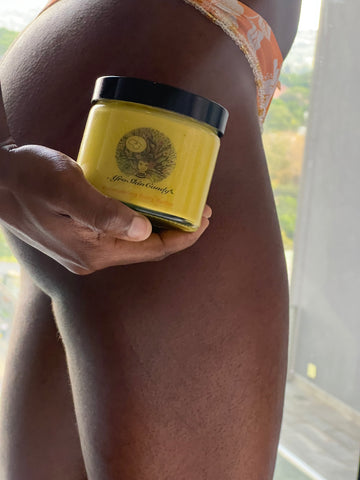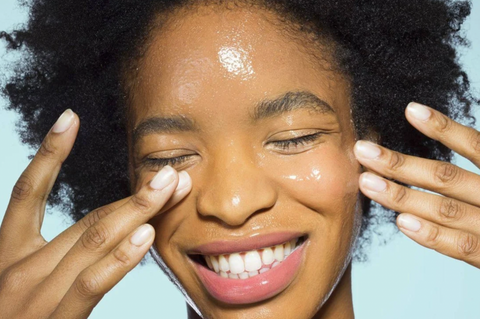According to studies, a massive 80 percent of all beauty products may contain or be contaminated with Petroleum Jelly, which has been linked to cancer and other health issues, as Petroleum Jelly is a known carcinogen. How much you’re exposed to depends on the product you’re using: it’s in 82% of hair dyes, 45% of self-tanners and 36% of face moisturisers.
Not only is it is filled with carcinogenic chemicals linked to cancer, the chemicals also cause hormonal imbalances, sensitivity, allergies and respiratory issues.Within 26 seconds 80% of what you put on your skin will be absorbed into your blood stream – which completely bypasses the liver and petroleum-based products are no exception, hence why they are able to cause serious health issues.
Because Petroleum Jelly is non-breathable, and a non-moisture-adding product that has carcinogens, it doesn’t nourish and hydrate your skin the way that is needed to prevent ageing. The barrier process described above in 8 below inhibits this moisturizing affect and causes collagen breakdown. Specifically, when petroleum jelly coats the skin, it blocks the skin’s natural ability to breathe and absorb nutrients, which slows the cell renewal process and causes the skin to pull the necessary moisture and nutrients from within. This leads to collagen breakdown over time, which in turn causes wrinkles! Instead of nourishing your skin, petroleum jelly creates the illusion of hydration by making the surface of your skin appear soft and supple, when in fact it dries out the skin by preventing the circulation of air and moisture. Additionally, its thick, sticky texture traps dirt and toxins and is incredibly difficult to wash off. This can aggravate the skin and block pores, resulting in sensitivity and blemishes.
As mentioned above, Petrolatum is one of the numerous products which contain xenoestrogens, chemicals which cause hormone disruption and may throw estrogen out of balance in your body. These chemicals may act on hormone receptors in your body and lead to oestrogen dominance. It's then linked to causing infertility, menstrual problems, accelerated ageing, allergies and autoimmune problems as well as nutrient deficiencies, sleep problems and even some types of cancers.
As published in the new scientist, paediatricians found that infants treated with petroleum jelly were more likely to develop systemic candidiasis (fungal infections) because the tight seal created a warm, moist place for fungi to grow. the same study also found that women who used petroleum jelly were 2.2 times more likely to test positive for bacterial vaginosis.
Take the “for external use only” warnings seriously. All branded Petroleum jelly products are not to be used internally. Do not eat or insert petroleum jelly. Avoid using petroleum jelly for masturbation or as a vaginal lubricant. According to studies, 40 percent of women who used it as a lubricant frequently develop fungal or bacterial infections.
The list is of Petroleum jelly's side effects is long, but these are the main points of the dangers. After all, you wouldn't drink petrol, so why would you put it on your skin or your hair?
Are there natural alternatives?














